July 13, 2023
RELEASE: Via Baseless Attacks On Khan, House Republicans Continue to Serve their Monopolist Funders
“Today’s hearing further proved that Republican’s attacks on Lina Khan and her leadership are blatant attempts to weaken antitrust enforcement to the benefit of the corporations that fund the Republican Party. Members, including Jim Jordan, focused on baseless allegations in an attempt to delegitimize the work the FTC is doing to crack down on anti-competitive and harmful practices that monopolistic companies use to amass economic power and squeeze profits out of consumers and workers.”
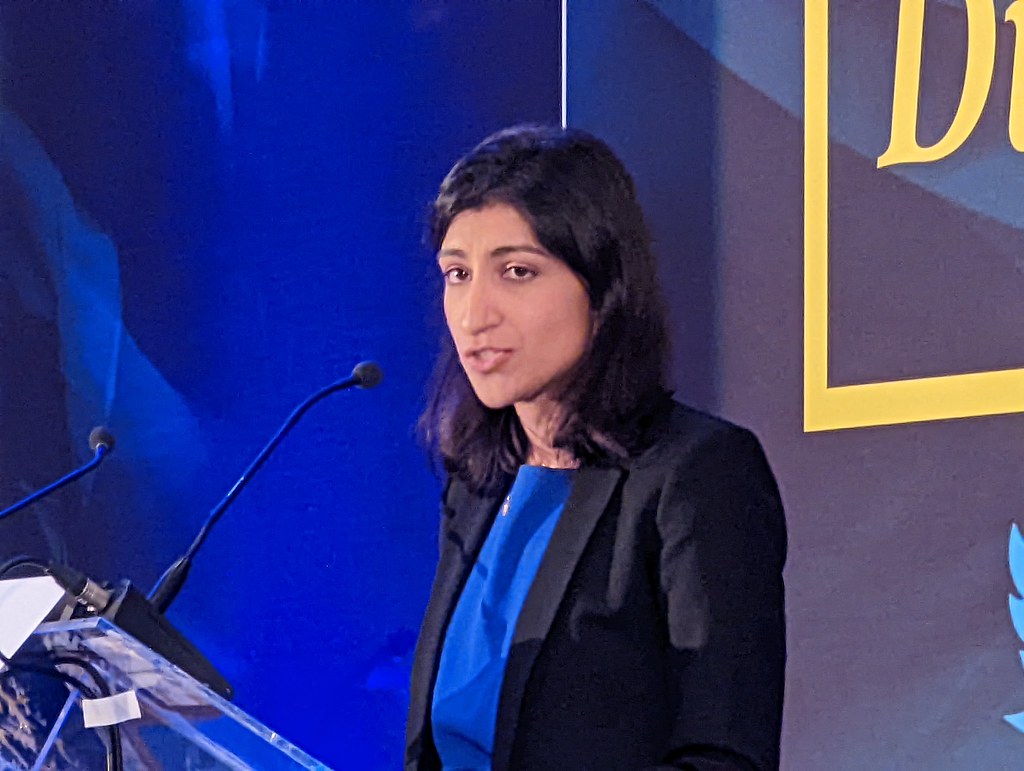
July 11, 2023
Revolving Door Project Sends Chair Khan Letter on FTC Ethics
In advance of the House Judiciary Committee holding a hearing on Thursday, July 13, 2023, at 10:00 a.m. ET on “Oversight of the Federal Trade Commission,” Revolving Door Project has sent a letter to FTC Chair Lina Khan calling on her to take on the FTC’s considerable internal revolving door challenges.

July 05, 2023 | The American Prospect
Lina Khan Haters Took A Premature Victory Lap
It turns out that the ethics official who recommended that Khan recuse herself from a case involving Meta is an owner of Meta stock. This ethics judgment was music to the ears of the media organizations, Republicans, and antitrust hacks who have been attacking Lina Khan throughout her leadership. Beyond being wrong and selective in singling out FTC officials for ethics concerns, the problem with Pankey’s opinion is deeply ironic. Pankey herself has a legitimate conflict of interest in relation to Meta.
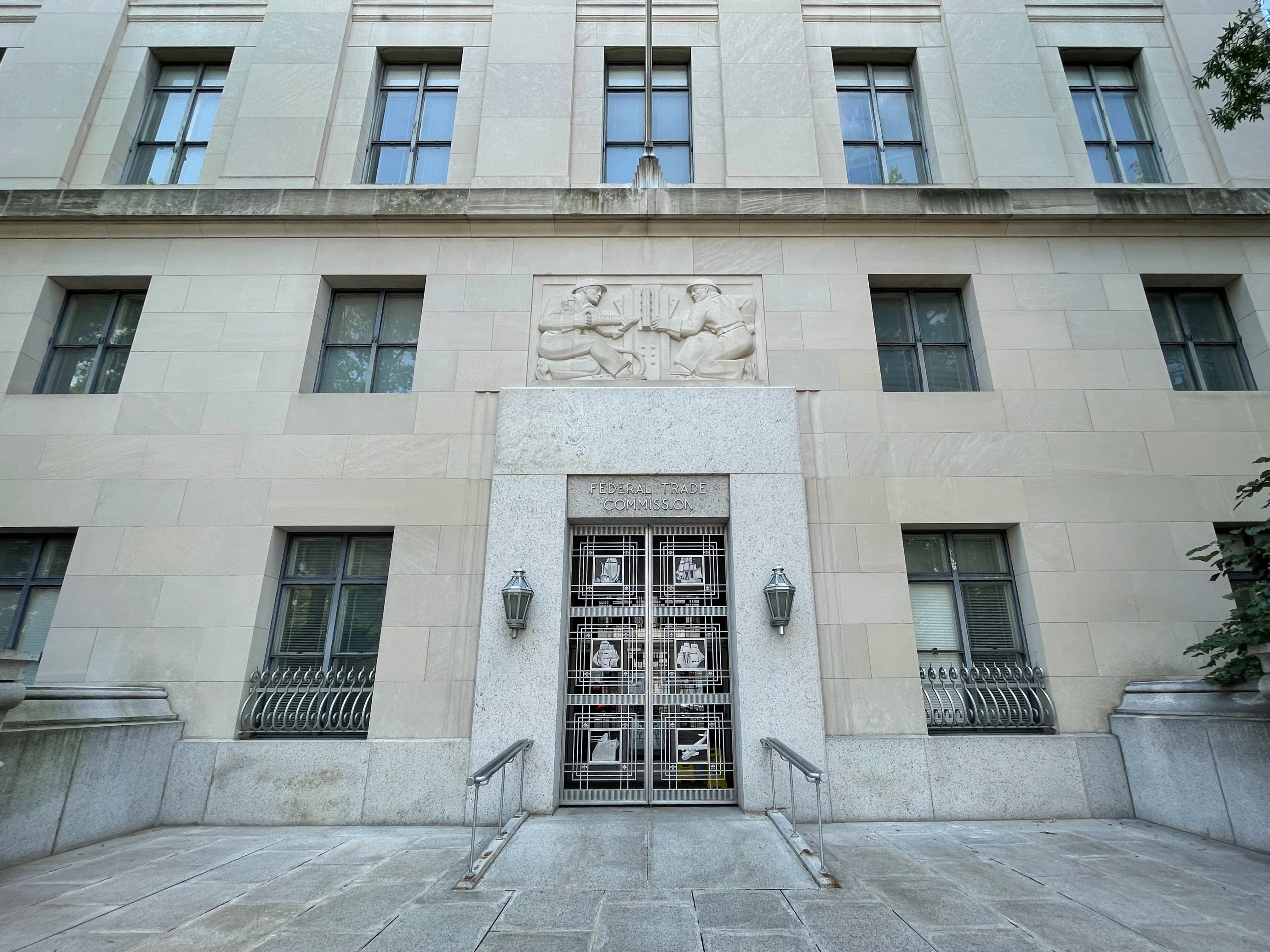
June 30, 2023
RDP Asks FTC IG To Investigate Ethics Officer Who Pushed Khan To Recuse While Owning Meta Stock
The ethics officer who recommended Lina Khan recuse herself from the Meta/Within case owns between $15k and $50k in Meta stock.

June 29, 2023
RDP Calls On Microsoft/Activision Judge Who Disclosed Son's Employment At Microsoft To Recuse
The Revolving Door Project sent a letter to Judge Jacqueline Scott Corley, who is presiding over the FTC’s challenge of the Microsoft/Activision merger, after Judge Corley disclosed that her son is an employee of Microsoft but did not recuse. This relationship may violate the Code of Conduct for US Judges.

June 14, 2023
Christine Varney Made A Career Out Of An Agency She Now Deems Unconstitutional
Implicit in the worldview of these revolvers is the idea that corporations should be free to operate and acquire competitors with near impunity, therefore antitrust enforcement should be as narrowly tailored as possible. This is obviously problematic — we need regulators that believe in the government’s ability to take on corporations with outsized market influence — but Cravath, Swaine & Moore’s Christine Varney recently took things many steps further in her representation of the biotech company Illumina in its case against the FTC. Varney doesn’t just attack specific enforcement actions as unwarranted, but calls into question the constitutionality of the FTC’s authority to issue enforcement actions in the first place.

June 08, 2023
PRESS RELEASE: Revolving Door Lawyers Aim To Dismantle Antitrust Enforcement Authorities
Cravath, Swaine & Moore’s Christine Varney, a former head of the US Department of Justice’s Antitrust Division, and other BigLaw lawyers representing Illumina and Grail filed a brief this week seeking to secure a merger which the FTC said would “diminish innovation in the U.S. market” for cancer detection tests. Revolving Door Project Research Director Andrea Beaty released the following statement concerning the brief and its authors.
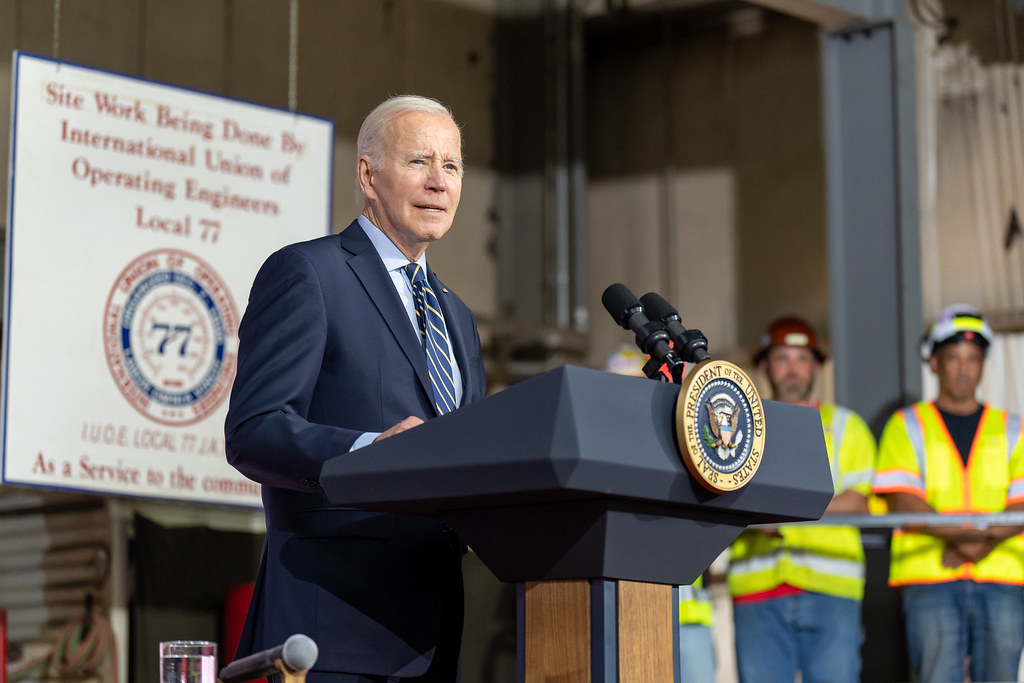
May 17, 2023
Executive Branch Agencies That Protect Americans From Corporate Abuses Need Robust Funding, Not Cuts
With executive branch agencies under renewed attack as President Biden negotiates with the GOP, we revisit our research on government capacity.
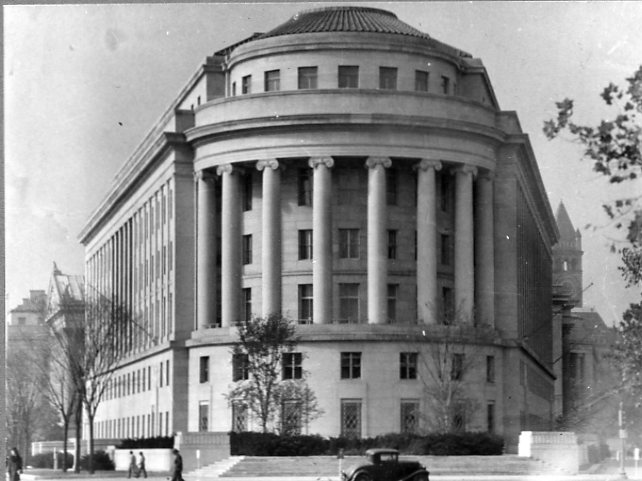
May 09, 2023 | Common Dreams
Not Every “Former Antitrust Official” Is a Neutral Expert
The Federal Trade Commission (FTC) and DOJ Antitrust Division have long served as an essential stop for antitrust experts looking to maximize opportunities, influence, and compensation at BigLaw firms and monopolistic corporations. By spending some time learning the ins and outs of government investigations and enforcement efforts, revolvers are seen by potential corporate employers to be better equipped to assist corporations in antitrust lawsuits against their former government employers.
April 19, 2023
KJ Boyle Andrea Beaty Emma Marsano
Anti-MonopolyConsumer ProtectionDepartment of JusticeFTCGovernment CapacityIndependent Agencies
To Reverse Decades Of Neglect, Antitrust Agencies Need Robust Budgets
The FTC and the DOJ are still dealing with a deluge of corporate mergers, and still only have capabilities to challenge a handful of those actions each year. Restoring competition in the U.S. economy will require much more than slight increases in funding — these government agencies need monumental budgets to take on entrenched monopolies that have flourished with decades of lax enforcement.
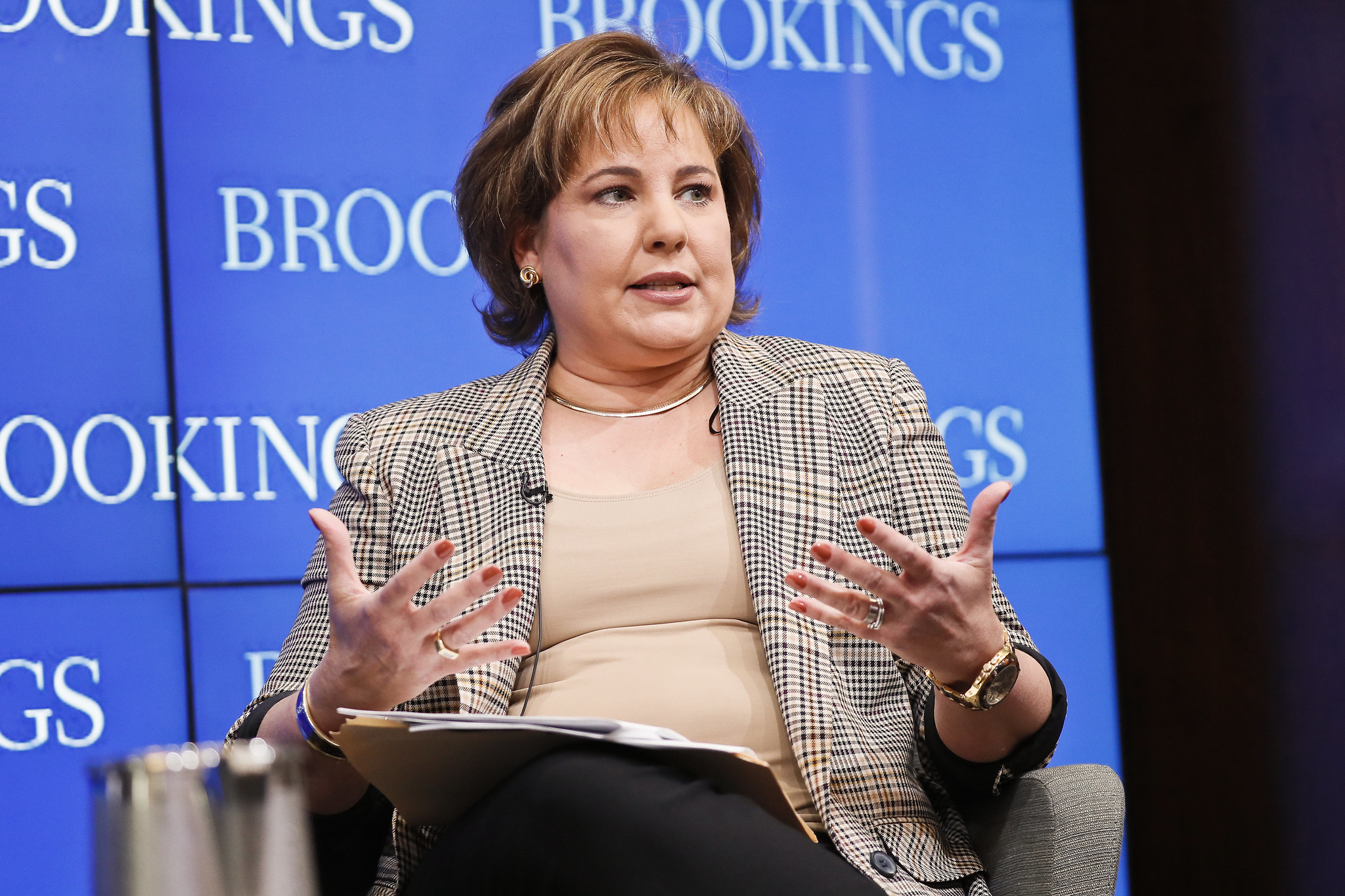
March 31, 2023
As We Say Good Riddance, Which Corporate-Funded Entity Will Give Christine Wilson A Warm And Lucrative Welcome?
Today marks Christine Wilson’s final day as a Commissioner for the Federal Trade Commission. The question on the top of our minds: Will Wilson follow in the footsteps of her former colleague, and RDP’s 2022 “Revolver of the Year,” Noah Phillips, and move to a cushy BigLaw job defending corporations from antitrust enforcement?
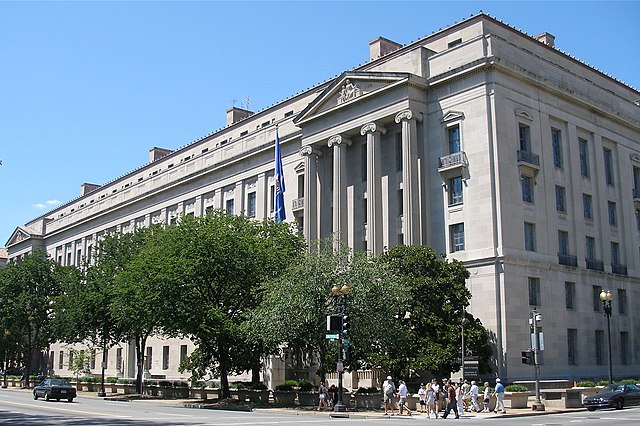
March 24, 2023
DOJ IN THE NEWS: Mid-March Trends
This is the latest installment of a new biweekly blog series from RDP. Every two weeks, we call out ongoing trends in media coverage of the Justice Department’s focus and priorities, giving context from our past DOJ oversight work as needed, with an eye to the impact of DOJ capacity and resources, as well as alignment with the Biden administration’s professed goals.

March 12, 2023 | Common Dreams
Wilson’s Parting Shots Draw Attention To Her Actual Conflicts of Interest
Christine Wilson leaving the FTC is good news for anyone who cares about effective antitrust enforcement. A quintessential revolving door figure, Wilson’s tenure was only useful to her job prospects once she decided it was time to leave the FTC.

March 10, 2023
DOJ IN THE NEWS: Early March Trends
This is the latest installment of a new biweekly blog series from RDP. Every two weeks, we call out ongoing trends in media coverage of the Justice Department’s focus and priorities, giving context from our past DOJ oversight work as needed, with an eye to the impact of DOJ capacity and resources, as well as alignment with the Biden administration’s professed goals.
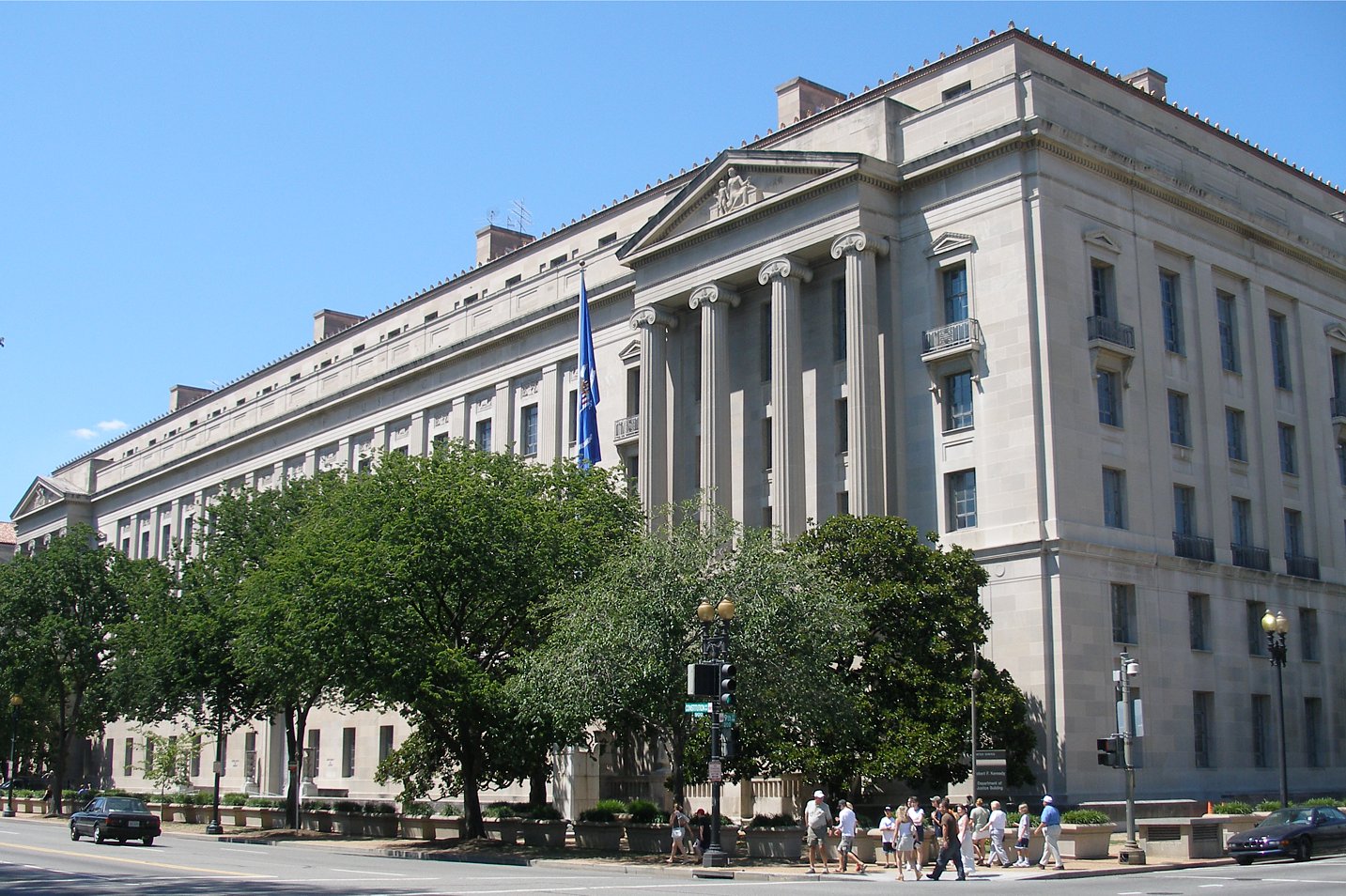
February 13, 2023 | The American Prospect
The Difference Between Expertise and Marketing
Attacks on aggressive antitrust enforcement from ‘fellow Democrats’ who work for monopolists should be seen for what they are.
